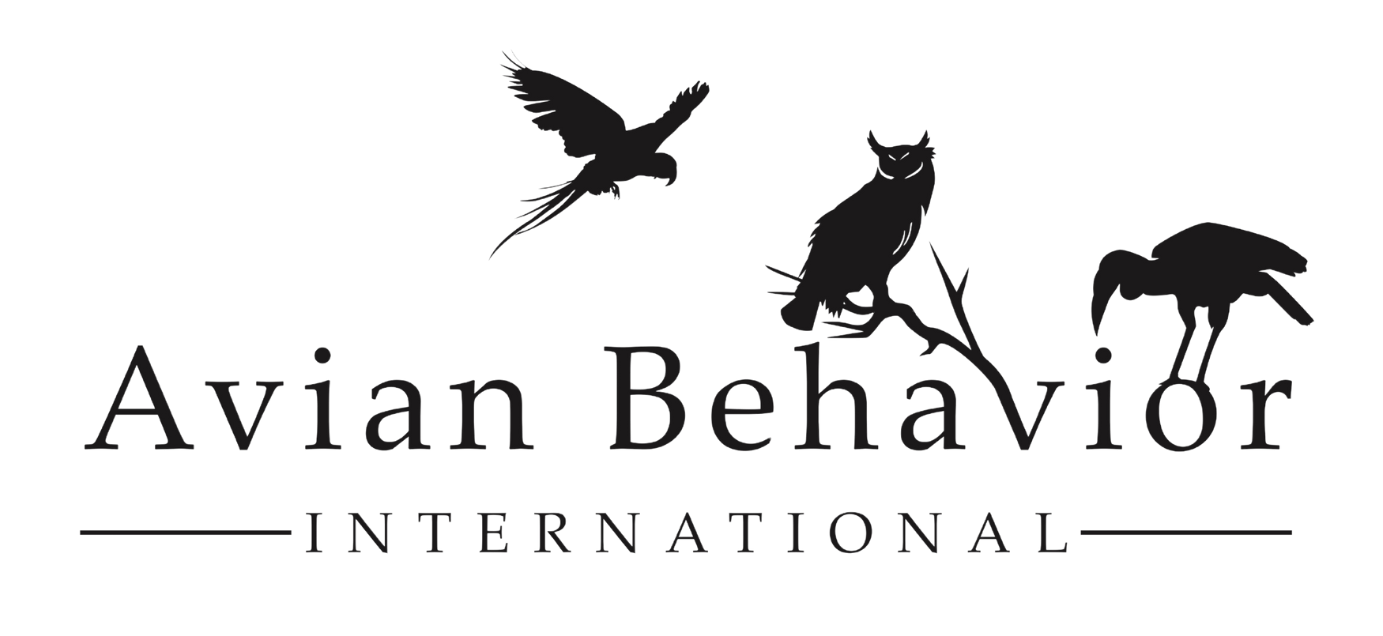21 Feb 27 What to Know If You’re Interested in Falconry
Does falconry still have a place in the modern world? It’s an old heritage sport, and there are a lot of misconceptions about what it entails. In this episode, Hillary uses her experience and insights as a licensed American falconer to discuss what the commitments and responsibilities of a falconer are. This episode includes a very frank and candid discussion of hunting, so if that is not your thing, it’s recommended that you skip it!
What You’ll Learn in This Episode:
- What it means to be a falconer in the U.S. and the importance of mentorship
- How falconry has shaped how Hillary views exhibiting all kinds of birds
- What is falconry, exactly?
- How to become a falconer
- Why owls do not make good pets
- Working with your bird, knowing how to utilize fields, and catching quarry
- What to do with your bird in the off-season and keeping them healthy
- The reality of hunting with your hawk
- The importance of knowing how your bird dispatches its prey
- Available birds depending on your license
- Trapping wild birds
- Getting the appropriate bird for the quarry in the area
- What to know about falconry groups on social media
- Understanding regulations related to falconry and hunting and fishing in general
Key Takeaways from this episode:
Falconry is working with a trained bird of prey to hunt specific types of quarry, or prey. It relies on green spaces and healthy prey population. And it is highly regulated.
In the U.S., there are three levels in falconry: Apprentice Falconer, which requires you to work with a master falconer for at least two years; General Falconer, which requires experience with raptors and hunting; and Master Falconer, which requires a minimum of eight years of experience. Other countries may be more lax with regard to training requirements but, as Hillary herself contends: “I don’t think ‘self-taught’ is a term that belongs in animal care.”
Hillary focuses on three of the most important considerations for would-be falconers: the time commitment, taking care of the bird, and the amount of nature the falconer will be around—what she calls “the unforgivable, often harsh reality that is the predator-prey circumstance that nature doles out.”
“If we choose to take part in this activity,” continues Hillary, “we have to remember that we are coexisting with nature on nature’s terms and we can’t turn off the parts that we don’t like. It’s messy and uncomfortable, and the prey is not always a clean kill.”
Get exclusive bonus content and help support the production of the Avian Behavior Podcast by becoming a Patreon for a little as $5/month!
Click here for more information on becoming a patron!
Need online animal behavior support at your fingertips? Bird training is complex. The Avian Behavior Lab makes it easy.
Click here to try out the Avian Behavior Lab for FREE with the coupon code “AVIAN”
Get the most out of your training sessions and fix your bird behavior problems once and for all with the Fundamentals of Behavior Workbook!
Click here to grab our free Fundamentals of Behavior workbook!

